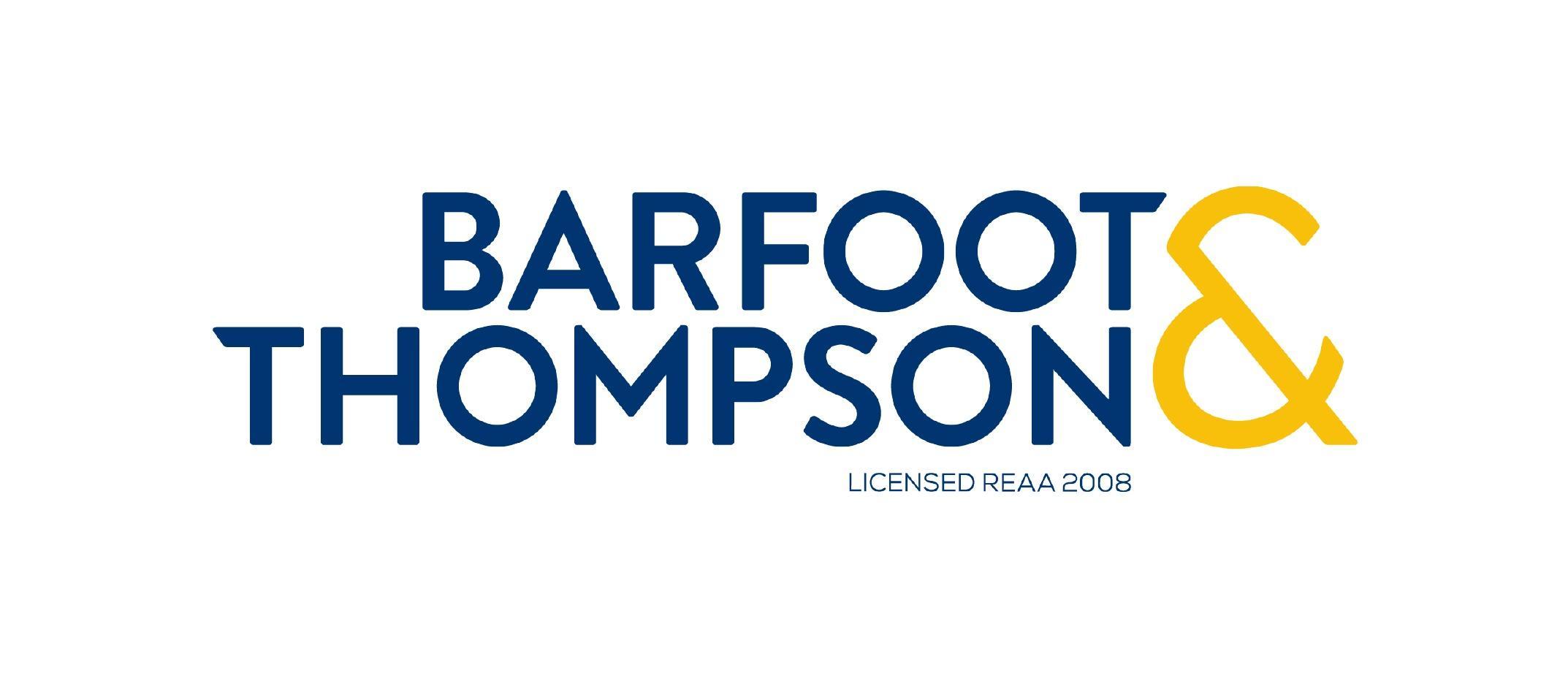Re: Atkinson v Monarch Realty Ltd [2020] NZTT Hamilton 4279083
Facts
- 5th July 2020 – Leak discovered at the property due to lack of maintenance
- 11th August to 9th September 2020 – Remedial work carried out
- 1st September 2020 – Citing a lack of confidence that the tenant would property ventilate (and therefore look after) the property, the property manager
recommended the landlord to consider terminating the tenancy before the RTAA 2020 becomes law in February 2021. - Early September 2020 – Two subsequent discussions between the property manager and landlord about termination resulting in the property manager diarising
“Issue 90-day notice to 24 Morrow Ave ??: Ring owner first” for 22nd September 2020. - 15th September 2020 – The property manager discussed the possibility of a rent increase with the tenant over the phone. The conversation turned to
the tenant’s dissatisfaction of the tenancy due to a “lack of preventative maintenance”. - 22nd September 2020 – The tenant received a 90-day notice to terminate.
- 20th October 2020 – The tenant filed a Tribunal application seeking to have the termination notice declared retaliatory and reversed.
The law
S54 of the Residential Tenancies Act (the Act) deals
with retaliatory notices. The Tribunal can set aside a termination notice if it is satisfied that ‘… in giving the notice, the landlord was motivated
wholly or partly by’ the tenant exercising or appearing to exercise his/her right vis-à-vis the tenancy. The onus is on the tenant to bring and establish
such a claim to the Tribunal.
To achieve an s54 order, the tenant must:
- Make an application to have the order declared retaliatory and therefore no effect within 28 days of receiving that order;
- Prove on the balance of probabilities that in issuing the termination notice the landlord was at least in part motivated by the tenant asserting his/her
right in relation to the tenancy.
Outcome
The Tribunal found for the tenant. Adjudicator G Barnett reasoned the decision thus:
- In the absence of further documentation that would signify an explicit instruction from the landlord to terminate the tenancy, the Tribunal can only
rely on the property manager’s calendar entry of 22nd September. - The entry that reads “Issue 90-day notice to 24 Morrow Ave ??: Ring owner first.” falls short at establishing an explicit instruction from
the landlord to terminate. Even if it predated 15th September, the line ‘…??: Ring owner first“, points to a flirtation with the idea
to terminate rather than a decision to terminate in fact. - The 15th September phone call amounts to a complaint by the tenant seeking to assert his right to have the landlord maintain the property to a reasonable
standard. - As the termination notice followed the call, it is plausible that the landlord was motivated at least in part by the tenant’s complaint.
The adjudicator declares the termination notice to be of no effect and ordered the landlord to pay for the tenant’s filing fee. No exemplary damages were
awarded in this instance.
Take-home for landlords
- If you are instructing your property manager to terminate a tenancy, you should do so explicitly and in writing.
- If you are diarising a future date to issue a termination notice yourself, then do so in unequivocal terms.
- The Act sets out only minimum notice periods for termination. You are free to give longer notices, especially if that gives you the ability to ‘lock-in’
any prior interaction with your tenant to minimise the chance of having to answer to a retaliatory notice claim.
Overall helpfulness scale (Because let’s be honest, Tribunal decisions can be a bit of a mess but still, landlords and tenants need all the help we can get!)
⭐️ ⭐️ ⭐️ ⭐️













Add Comment